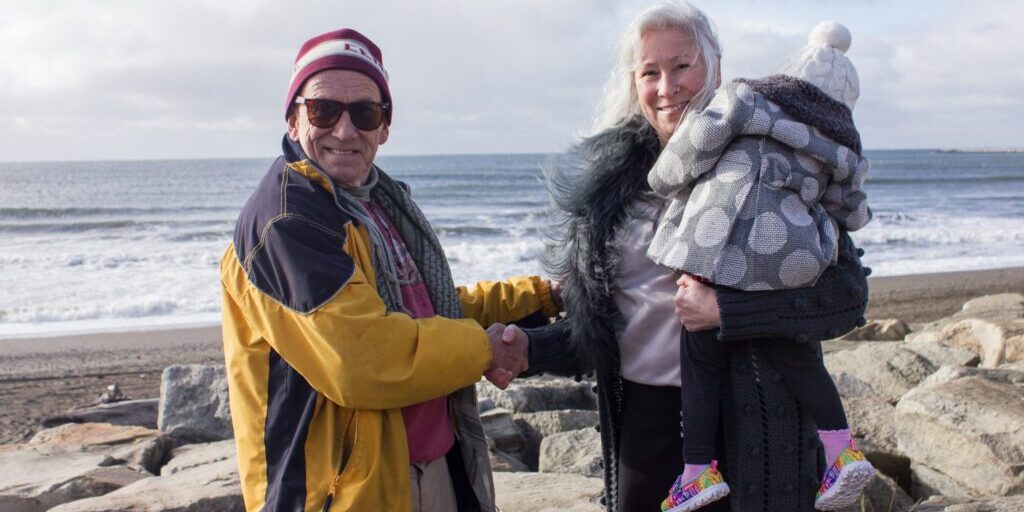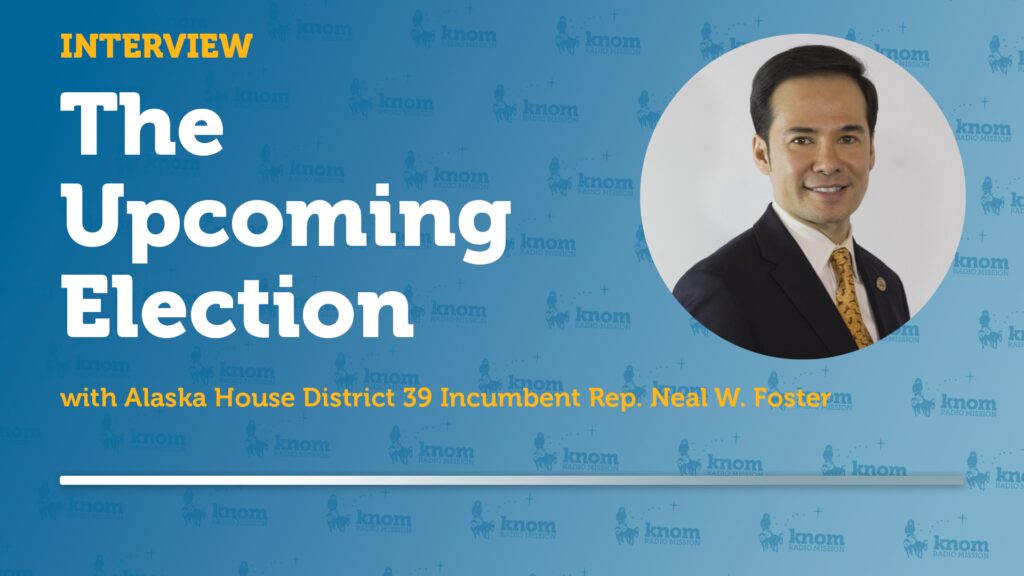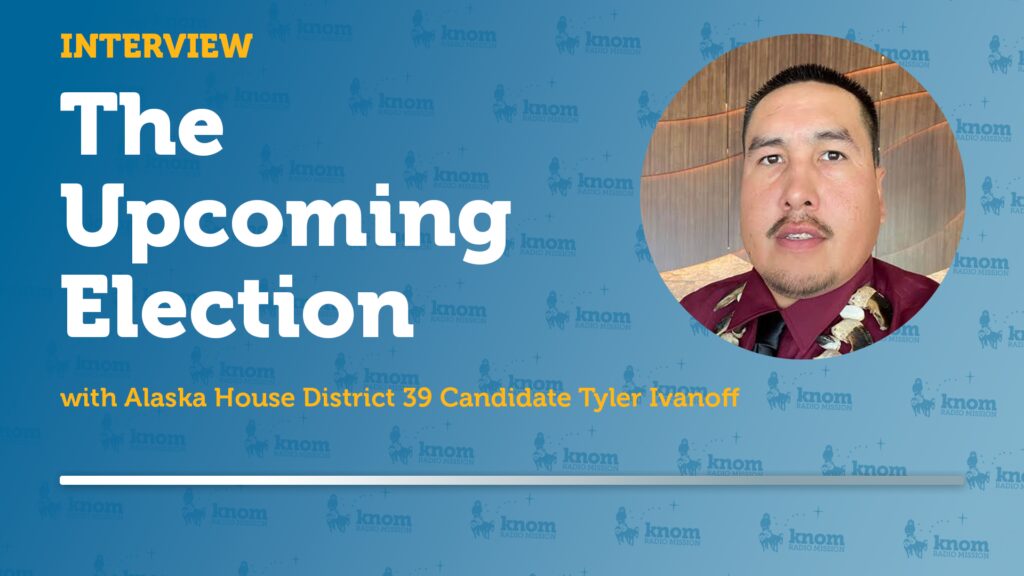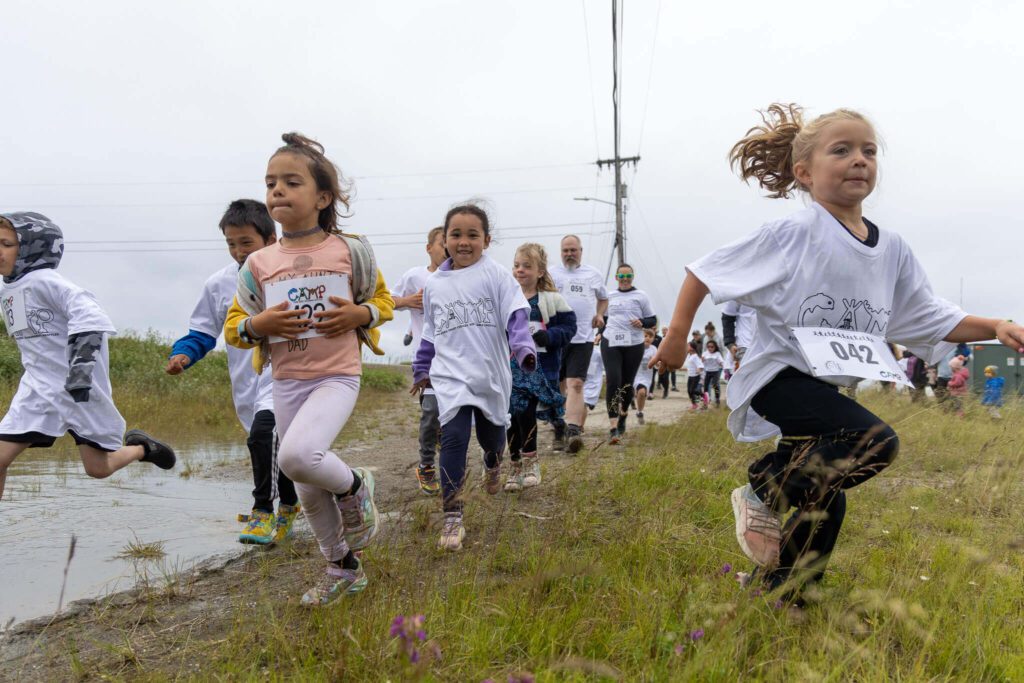This September marked the one-year anniversary of President Obama’s visit to Alaska in which he witnessed firsthand the effects of climate change in the Arctic.
And, on September 28th, the first ever Arctic Science Ministerial was hosted in Washington, D.C., last week. The focus: creating more scientific initiatives and international collaboration on Arctic issues.
Attendee of the event and Mayor of Nome, Richard Beneville, says there was a unique nature about this Ministerial.
“The first thing that was exciting is what wasn’t there, which was the political edge. It simply wasn’t there, it just wasn’t,” said Beneville. “The conversation was about climate change, the effect on the ice, on the sea ice, on the permafrost, on what animals live there.”
Participants in the conversation included representatives from 25 countries, the European Union, and multiple native governments. Mayor Beneville says he was able to be one of the various representatives visiting D.C. thanks in large part to the efforts of former Nome mayor Denise Michels.
Beneville also remarked that this event demonstrated how climate change in the Arctic is an issue much bigger than just one group of people.
“And it’s not just Northerners, and it’s not just Americans, it’s we, the human race. We could be looking extinction in the eye — hello, central! — and I don’t mean to be melodramatic, I know I can be at times. But it’s very true.”
With so many international people gathered in D.C., Beneville was able to hear from Arctic leaders like Lt. Governor Byron Mallot, Austin Ahmasuk from the Kawerak Marine Program, Fran Ulmer, the Chair of the U.S. Arctic Research Commission, and others.
But for Mayor Beneville, Yupik singer Byron Nicholai was the individual that impacted him the most during his performance at a reception held within the Museum of Natural History’s rotunda.
“And what a perfect place to have it, because that museum houses the science of our planet. And I think Sayer was there and Willie Goodwin, I mean native people from all over Alaska, and a young man, Nicholai, Bryon Nicholai, he was spectacular. In that rotunda, which they had kind of done a little show biz with some nice blue, Arctic lights, and it was just so right. And to hear his voice I was almost… I’m almost in tears now,” he said, in a voice quivering with emotion.
Mayor Beneville took away many things from the international event, including a renewed sense of pride and enthusiasm for the people of his region.
When asked which of the Arctic issues discussed during the gathering could directly impact Nome, the Mayor assuredly replied:
“Everything — and that is not an understatement, because it’s all happening, and we are right smack dab in the middle of it,” he stated matter-of factly. “The thawing of permafrost, the sea ice, the expansion of, what we call in tourism, ‘shoulder season,’ you know, ice forming later and breaking up earlier, all of the ice being thinner. You look at Shishmaref, where the village has voted to move because the ice that used to be out front of it during the winter that protected it from erosion is now forming later. It’s thinner, it’s weaker, et cetera.”
Nome’s mayor says, along with the discussion of the negative effects produced by a changing Arctic on Western Alaska, positive effects were discussed, as well.
“It’s not all bad; when you have change, there are benefits and there are negatives. Our port affects about 53 different villages in western Alaska. Fuel costs and things may end up coming down because of more traffic, so that you aren’t paying $6.50 or $8.00 a gallon for gas, you’re not spending half or more of your income on heating your house. So those are some of the economic things; from a world point of view, connectivity, we are a global market,” stated Beneville.
His final remark regarding the Ministerial was addressed towards the people he represents.
Beneville said in a steady and thoughtful tone, “I would just like to add that I hope the people of Nome and the Seward Peninsula recognize the future, and what that has in store for us, and not be afraid of it, not be afraid of it, but to embrace it and to be a part of it.”
As a result of the one-day Arctic conference, a new U.S. initiative has been created. According to Jeremy Mathis, who directs the National Oceanic and Atmospheric Administration’s Arctic Research Program, a U.S.-staffed Arctic Observing Network will now look to fill gaps in the scientific community’s understanding of the changing Arctic.







